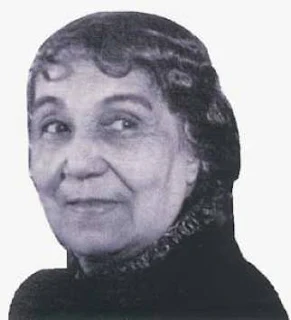
Gay little Girl-of-the-Diving-Tank,
I desire a name for you,
Nice, as a right glove fits;
For you—who amid the malodorous
Mechanics of this unlovely thing,
Are darling of spirit and form.
I know you—a glance, and what you are
Sits-by-the-fire in my heart.
My Limousine-Lady knows you, or
Why does the slant-envy of her eye mark
Your straight air and radiant inclusive smile?
Guilt pins a fig-leaf; Innocence is its own adorning.
The bull-necked man knows you—this first time
His itching flesh sees form divine and vibrant health
And thinks not of his avocation.
I came incuriously—
Set on no diversion save that my mind
Might safely nurse its brood of misdeeds
In the presence of a blind crowd.
The color of life was gray.
Everywhere the setting seemed right
For my mood. Here the sausage and garlic booth
Sent unholy incense skyward;
There a quivering female-thing
Gestured assignations, and lied
To call it dancing;
There, too, were games of chance
With chances for none;
But oh! Girl-of-the-Tank, at last!
Gleaming Girl, how intimately pure and free
The gaze you send the crowd,
As though you know the dearth of beauty
In its sordid life.
We need you—my Limousine-Lady,
The bull-necked man and I.
Seeing you here brave and water-clean,
Leaven for the heavy ones of earth,
I am swift to feel that what makes
The plodder glad is good; and
Whatever is good is God.
The wonder is that you are here;
I have seen the queer in queer places,
But never before a heaven-fed
Naiad of the Carnival-Tank!
Little Diver, Destiny for you,
Like as for me, is shod in silence;
Years may seep into your soul
The bacilli of the usual and the expedient;
I implore Neptune to claim his child to-day!



